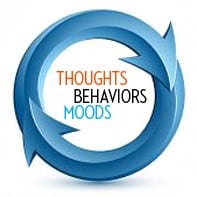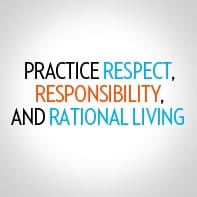7 Assertion Strategies that can help you avoid a disagreement from turning into a FIGHT!
Being assertive is the most effective way to communicate our feelings and opinions especially when we don’t necessarily agree with others around us. However, it is also one of the most difficult communication styles to achieve partially because when we become aroused (excited, angry or anxious) we are less likely to use conscious thought and be conscientious in our approach…we are more likely to bark out commands or become defensive in our tone. The second reason why being assertive is often neglected is because of lack of practice. When we practice a new skill we create new mental habits and therefore improve the likelihood we will call upon it during times of distress.
Here are 7 simple, but highly effective strategies to use when you are looking to make a request from another and voice a different or negative opinion














